Will you become smarter if you play the piano? Does piano study increase the capability of your brain? The question is whether there is a correlation between mastering a musical instrument and one’s brain increasing in potential.
It seems that there exists a correlation between early musical training and how strong the connection is between neurons in the brain; and even development of new routes. Studies have shown that there is a strong relationship between music training and long-term development in certain areas of the brain.
Gottfried Schlaug, Herman Steinmetz and others at the University of Dusseldorf had an article about their studies published in Discover magazine in 1994. A comparison of an MRI of the brains of 27 right-handed men who play classical piano or string instruments to 27 right-handed men who did not play any musical instruments was done by this group.
It is interesting to note that they found that in the musicians’ planum temporale – a brain structure associated with auditory processing – was larger in the left hemisphere and smaller in the right than was found in non musicians. There was also a thicker nerve-fiber tract between the hemispheres in the musicians. The differences were particularly pronounced in musicians who started learning before reaching the age of seven.
The study of music and piano playing can also encourage growth of the corpus callosum, which is a link between the two sides of the brain, according to Shlaug. The corpus callosum was 10-15% thicker in musicians who started their training before the age of seven, than in non-musicians. At that time, Schlaug and other researchers theorized that a corpus callosum of greater size could possibly result in improved motor control by increasing the communication speed between the hemispheres.
Given that, studies by Dartmouth professor Petr Janata in print 2002 in Science, has affirmed that music stimulated both sides of the brain and the areas containing memory and emotion more than any other stimuli.
A group of scientists headed up by Janata reported that some areas of the brain are 5% larger in expert musicians than in people who have little or no musical training, and they also found that the auditory cortex in professional musicians is 130% denser than it is in non-musicians.
As a matter of fact, people who start their musical instruction as a young child, have a bigger corpus callosum with a maximum growth of 15% larger, although the normal size for this group of nerve fibers that join the left side and right side of the brain is usually just four inches.
Scientific study of the brain has demonstrated practicing a musical instrument increases certain spatial reasoning functionality and connections between regions while possibly improving fine and skilled motor movements.
For musicians, corpus callosum is important for finger coordination tasks. This portion of the brain adjusts accordingly to the increased labor assigned to it, like a weight-lifter’s biceps.
There are many ways that music affects the brain and its development. Now, what can we find out from all this research, especially if we want to decide the best course of music study or appreciation for yourself or your offspring?
N.M. Weinberger wrote an article in 2000 in MuSICA Research Notes and he brings up an important point when he says: Even the Mozart Effect might not be accepted by society yet, it has caused more people to have a greater interest in music research. A person who listens to Mozart may become even more interested in music and find themselves seeking out types of music that are new to them. Even without considering all of the attention about the Mozart Effect, the general academic proof for using music instruction as an aid to developing your brain is fascinating.
Located at the School of Medicine at the University of California, Dr. Frank Wilson states that his experiments reveal that if you are instructed how to play an instrument, this makes you more coordinated, improves the way you think, understand and remember, as well as you will be able to see and hear better. According to his studies, this happens because the Entire Neurological system is refined by music, which in turn helps in connecting the motor systems of the brain, which cannot be done by any other activity.
What it all comes down to is this: there are a number of ways in which the study and practice of music has a positive impact on brain development. Being a music fan, you can’t go wrong by giving it your best shot. So dust off your old piano and get to work. What do you have to lose? You may not become any smarter, but then again, who knows? And if you love playing the piano, why not?


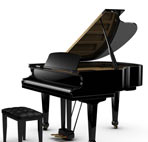
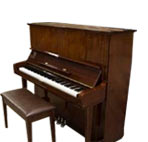
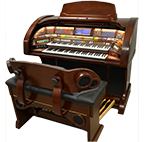
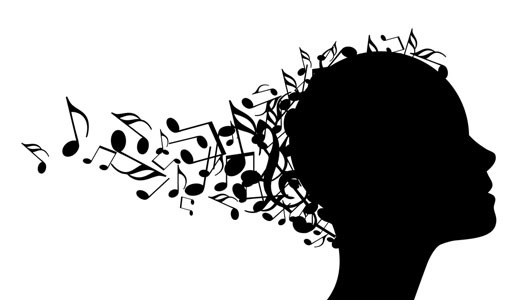

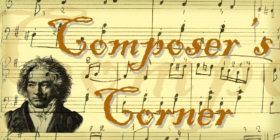
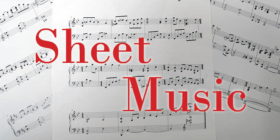
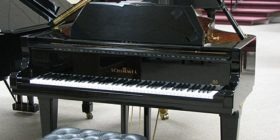
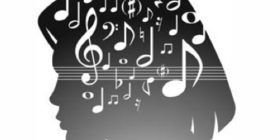
Leave a reply